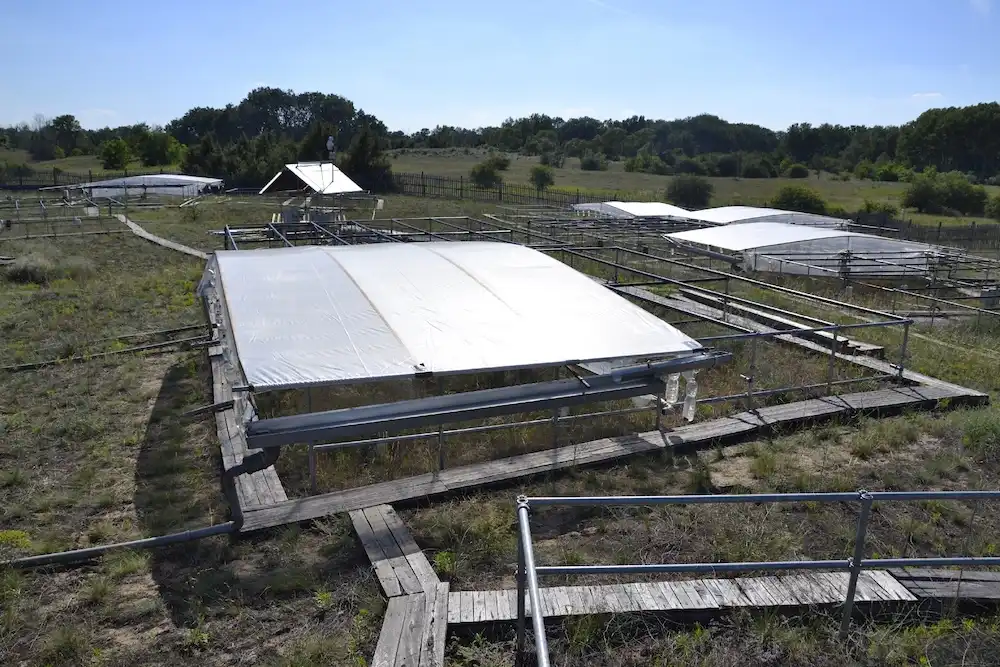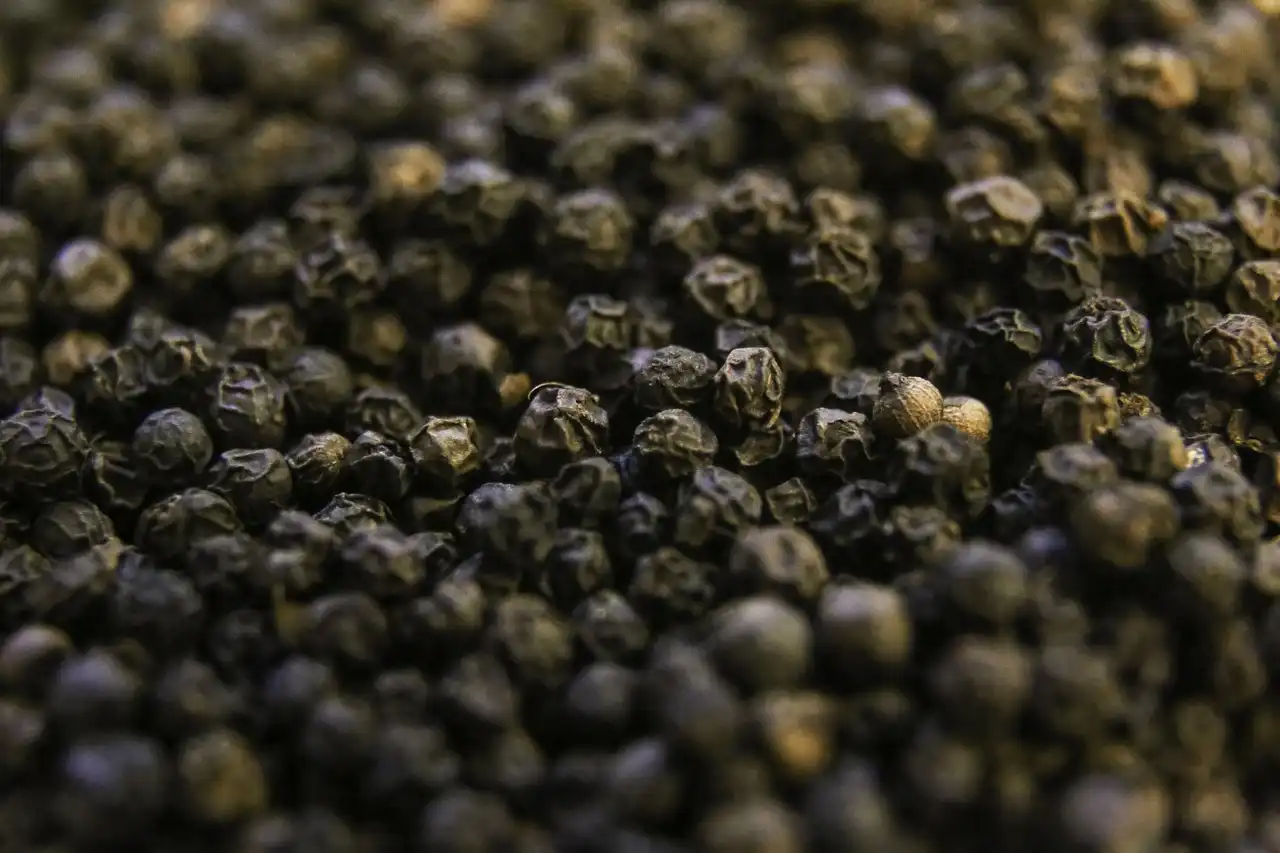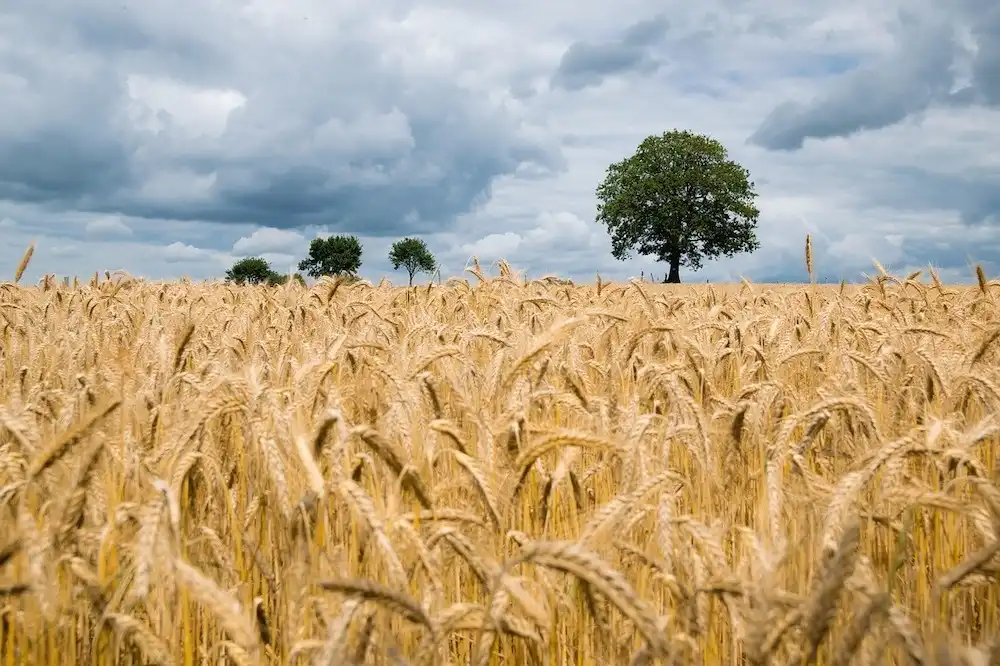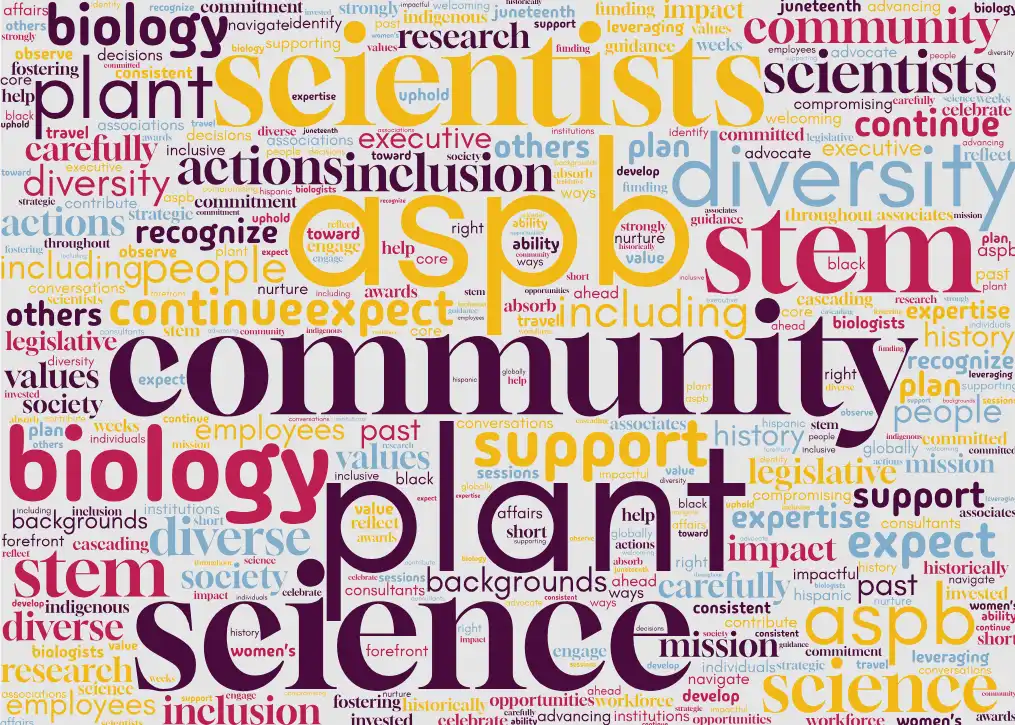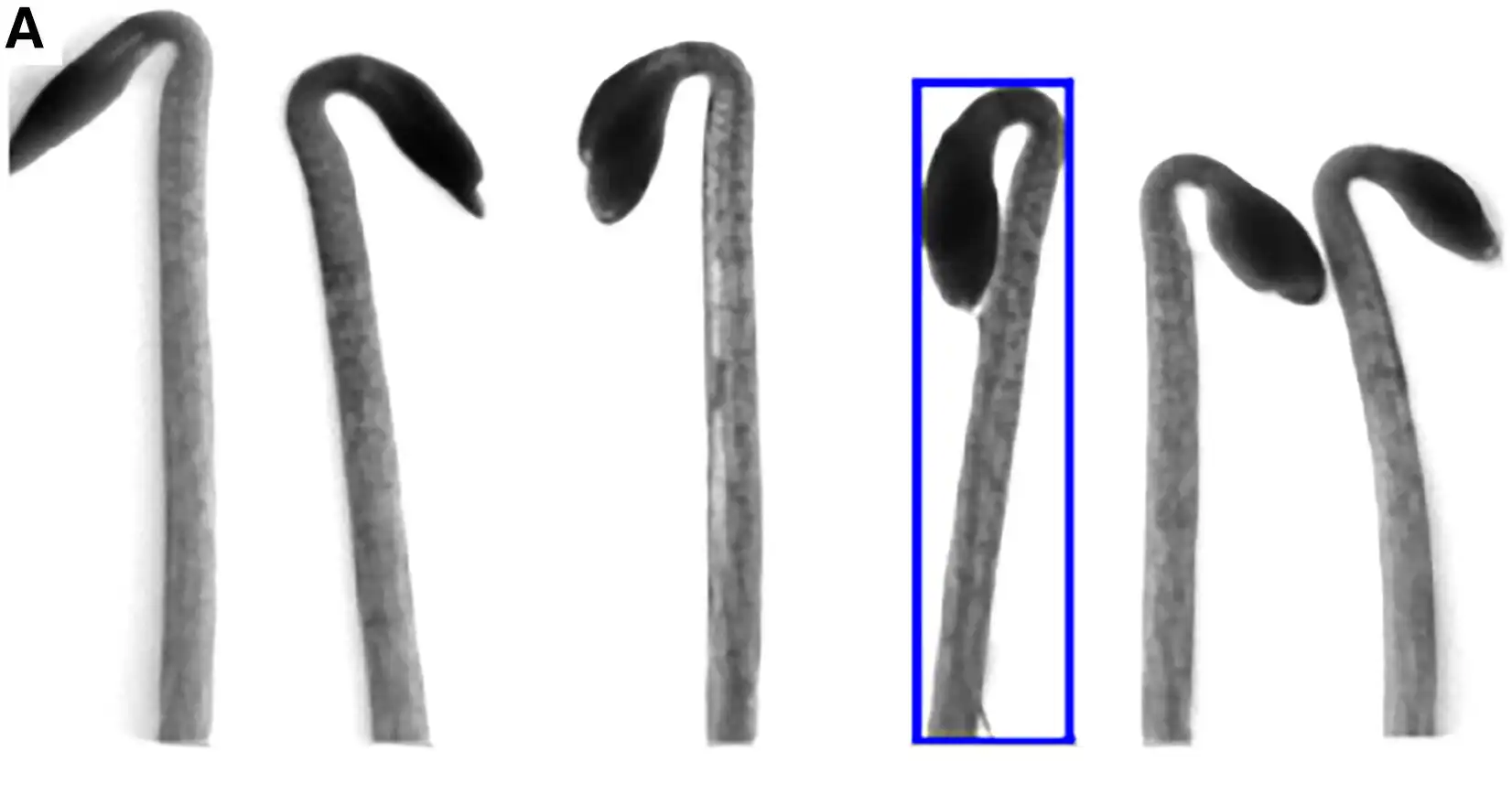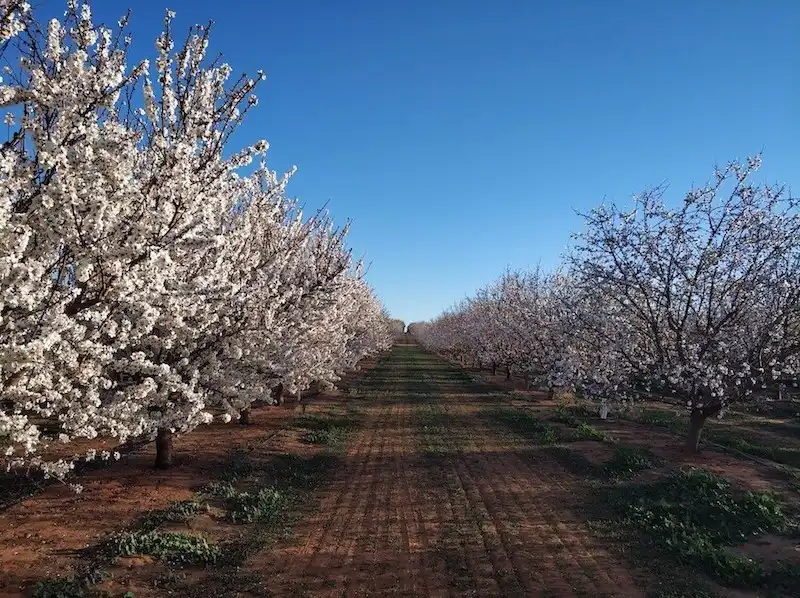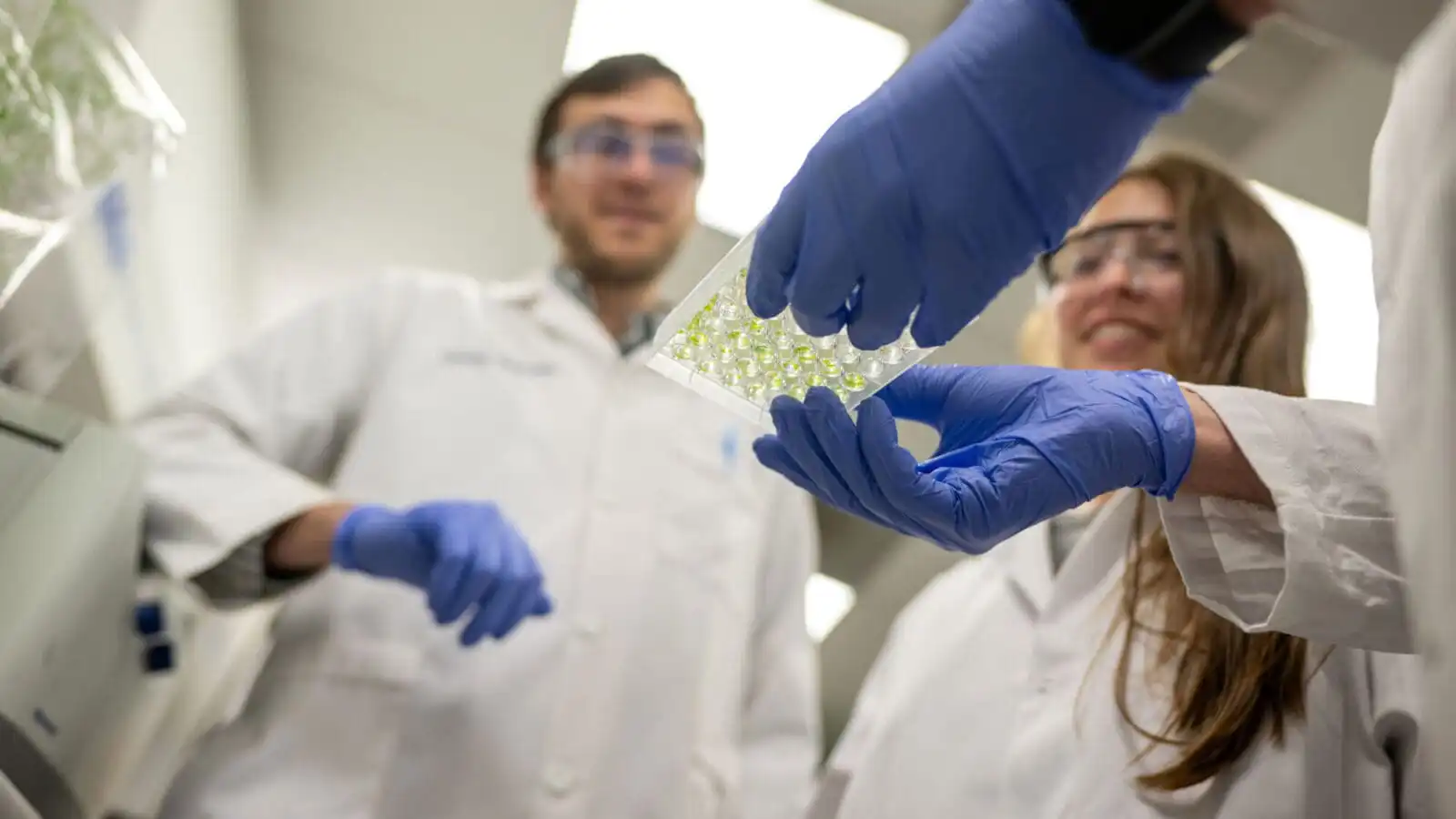ASPB Reaffirms Its Commitment to Diversity and Inclusion
Originally published on the American Society of Plant Biologists (ASPB) website. Republished with permission.
Statement from ASPB’s Board of Directors, February 11, 2025 – Along with many others, we have done our best to absorb the deluge of executive actions that have taken place over the past few weeks. We recognize the harm they are causing to both individuals and institutions, as well as the cascading impact they have on the plant biology workforce and, by extension, our nation’s capacity to remain at the forefront of plant science research globally. During this taxing time, we have carefully considered what these executive actions mean – both for ASPB and our commitments to diversity and inclusion and for the community of plant scientists that we exist to serve and support. We took this time to reflect on the path ahead and how the decisions we make in the short term might impact the Society’s ability to continue advancing our mission without compromising our values. Throughout those conversations one thing has remained consistent: ASPB is invested in doing what is right for our community and our employees. The Society remains committed to robustly supporting and strongly advocating for diversity and inclusion in the plant sciences, period.
What does that mean for the ASPB community? Among other things, you can expect that we will continue to support travel awards, funding opportunities, and Plant Biology conference sessions with an aim toward including all people. You can expect that ASPB will continue to strive to become ever more welcoming and inclusive to all, and to continue to develop and refine a strategic plan for the Society that sources from diverse backgrounds and features inclusion of all as a core tenet of that plan. You can also expect that ASPB will continue to recognize and celebrate our community including, for example, during Black History Month, Women’s History Month, Pride Month, and those recognizing people of Hispanic and Indigenous descent who have historically and who continue to contribute to plant biology. We will observe Juneteenth; and we will continue to value the commitment, diverse backgrounds and expertise of our employees, who work every day to support our mission and uphold our values.
We will navigate these times carefully, offer continued guidance and support to plant biologists when possible, and advocate fiercely for plant biology research, leveraging the expertise of our legislative affairs consultants at Lewis-Burke Associates to identify the most impactful ways to do so – including a direct ask for your help in the coming days. We will continue to engage with sibling associations across the STEM space, joining with others on specific legislative actions when it makes sense to do so. We will strive to nurture the diverse community of scientists who have driven this field forward for the past 100 years, and who will continue to do so for the next 100 years and more. And above all, we will keep fostering a sense of community – a place where you can weather the storm and still be your whole self. While we do this, we would urge you all to take care of the people around you as well as yourselves.
Read the orginal here.




